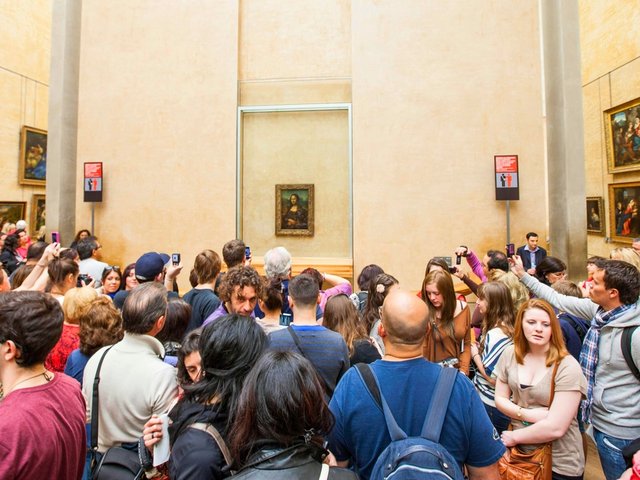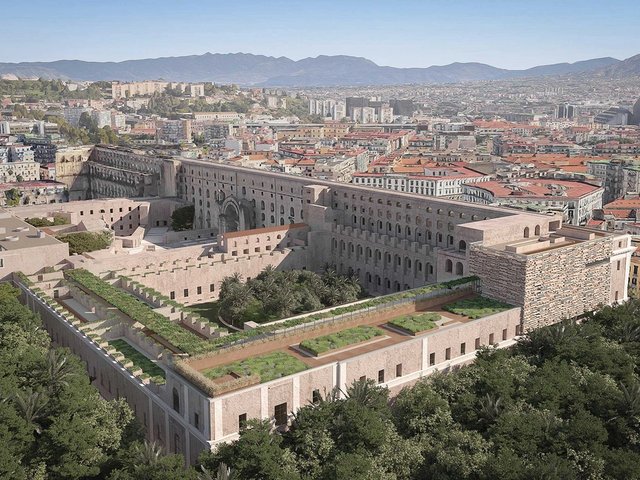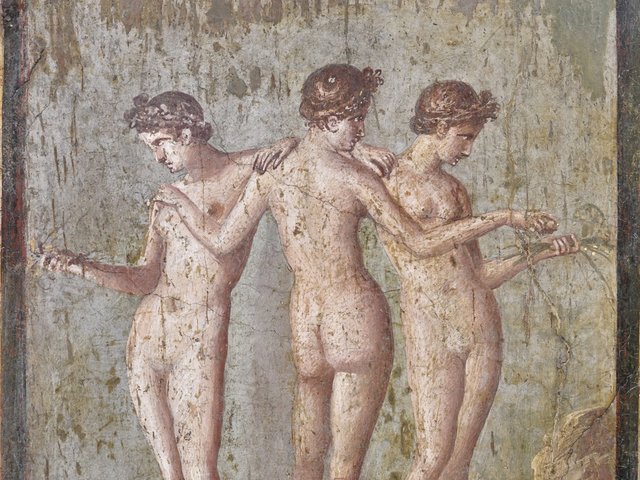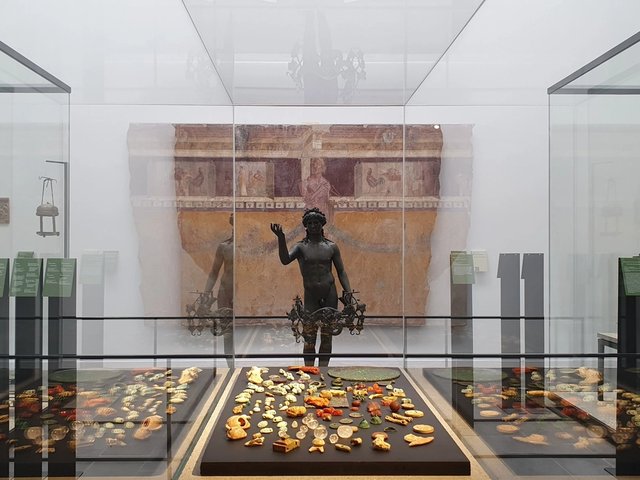A row has broken out over fair pay after Italy’s leading archaeological museum launched a controversial photography competition offering the winners exposure but no fee.
The National Archaeological Museum of Naples (MANN), famed for its unrivalled collections from Pompeii and Herculaneum, issued a public notice in March inviting participants to photograph objects from collections that include the oldest surviving depiction of Atlas, carbonised scrolls from Herculaneum, and busts of Roman emperors, many from the Baths of Caracalla. Participants, aged 18 to 30, were asked to submit images of up to three works from a list of 14 collections, ranging from mosaics and frescoes to artefacts from Ancient Egypt. Submissions closed on 16 May.
The museum said winning images could be circulated via its social media channels and used to create banners for display on its main façade. The aim, it added, was to “actively involve the public in communication campaigns” and “give visibility to the work of young artists and creatives”.
However, the notice made clear that submitting images did not entail any “obligation or benefit” for participants. Winners wishing to use their images beyond the competition, including for commercial purposes, would have to request permission from the museum and could be charged reproduction fees.
The initiative has drawn sharp criticism. “Yes, you have read correctly,” posted Mi Riconosci, a group representing culture sector workers and students, on Facebook. “MANN offers no payment, even though it will receive a large number of high-quality photos to use in ways that will even generate economic returns.” Corriere della Sera called it “marketing with unpaid photos”.
Rosanna Carrieri, the president of Mi Riconosci, told The Art Newspaper that the museum was “underestimating what it means to be a photographer” by offering visibility instead of pay. The competition, she added, reflected a broader trend of cultural institutions expecting people to work for them for free. “Museums, libraries and archives are all guilty of the same,” she said. “In the case of MANN, we’re talking about a very important institution.”
Accusations of unpaid cultural work have repeatedly made the headlines. In September 2024, the Civic Museum of the Norman Castle of Aci, near Catania, advertised for a new director but offered no pay. Two years ago, the city-run Galata Maritime Museum in Genoa sought an English-speaking volunteer with expertise in migration history and social media to organise events.
MANN officials have defended the initiative. Rather than seeking profit, the museum wants to create a means to “enter into dialogue” with young people, says Raffaella Bosso, the museum administrator who devised the competition. She says she is in charge of updating promotional banners and chose to launch the contest even though the museum already has many high-quality photos.
“Photographers should be paid for their work—no one should have to work for free,” Bosso says. “But in this case, we did not feel it amounted to an employment relationship… We would not have launched the competition if it weren’t with a view to welcoming young people, to putting the museum and our expertise at their disposal.”
Bosso says MANN offered to discuss concerns in a meeting with some of those affected but so far has not received a response. Carrieri says Mi Riconosci has had no direct contact with the museum. Despite the criticism, MANN has not withdrawn or modified its initiative. “The notice remains as it is,” Bosso says.
Carrieri argues that the real problem is not lack of funds but how cultural institutions choose to spend them. Italian society, she says, sees cultural work as a pastime, offering workers “terrible contracts and many hours of unpaid work”. However, she adds that opposition to this approach is growing. In February, Mi Riconosci launched an appeal for a national cultural workers’ strike, which she says may take place this September. “There’s a widespread desire to take part, to demand recognition,” she says. “Cultural workers are increasingly aware of their plight.”







